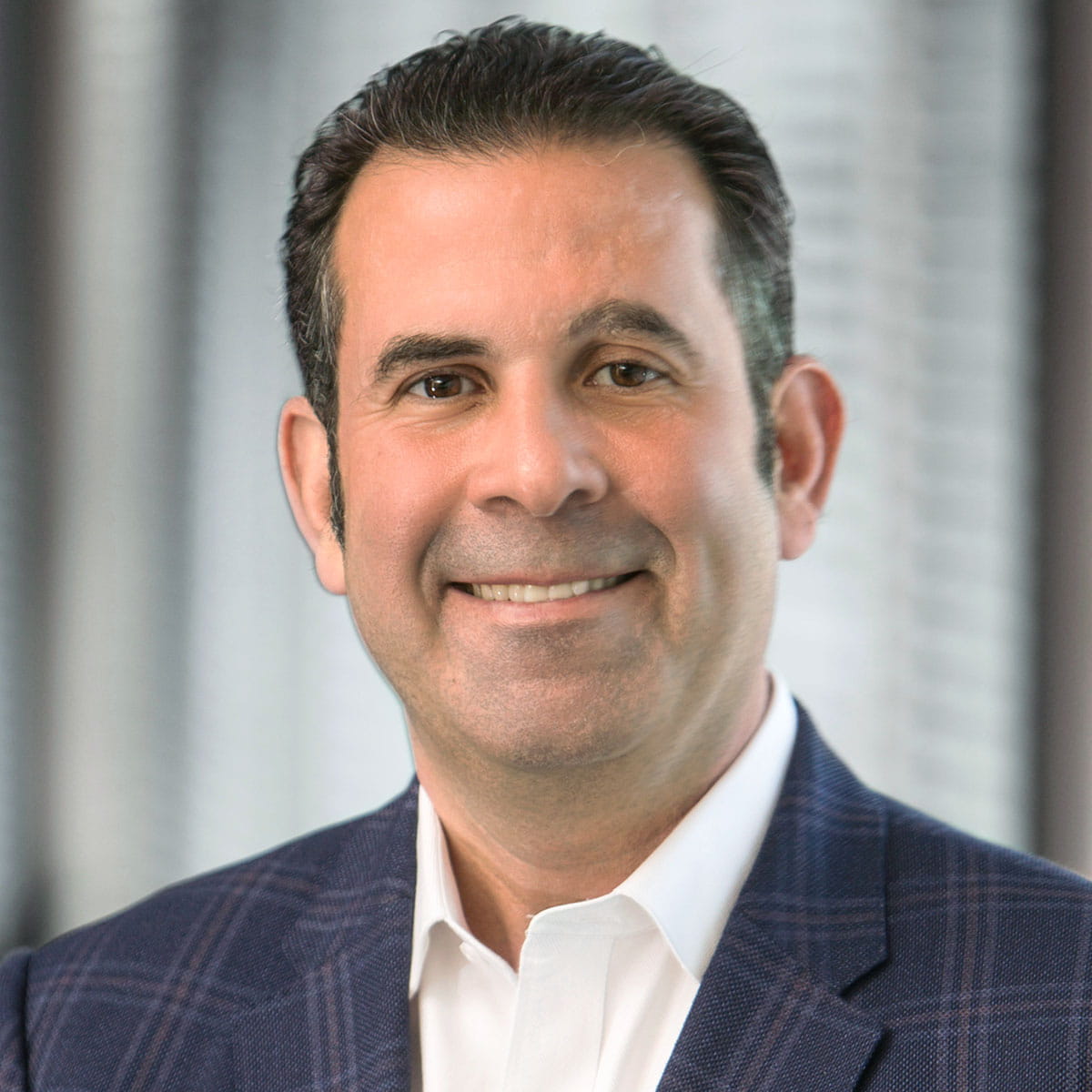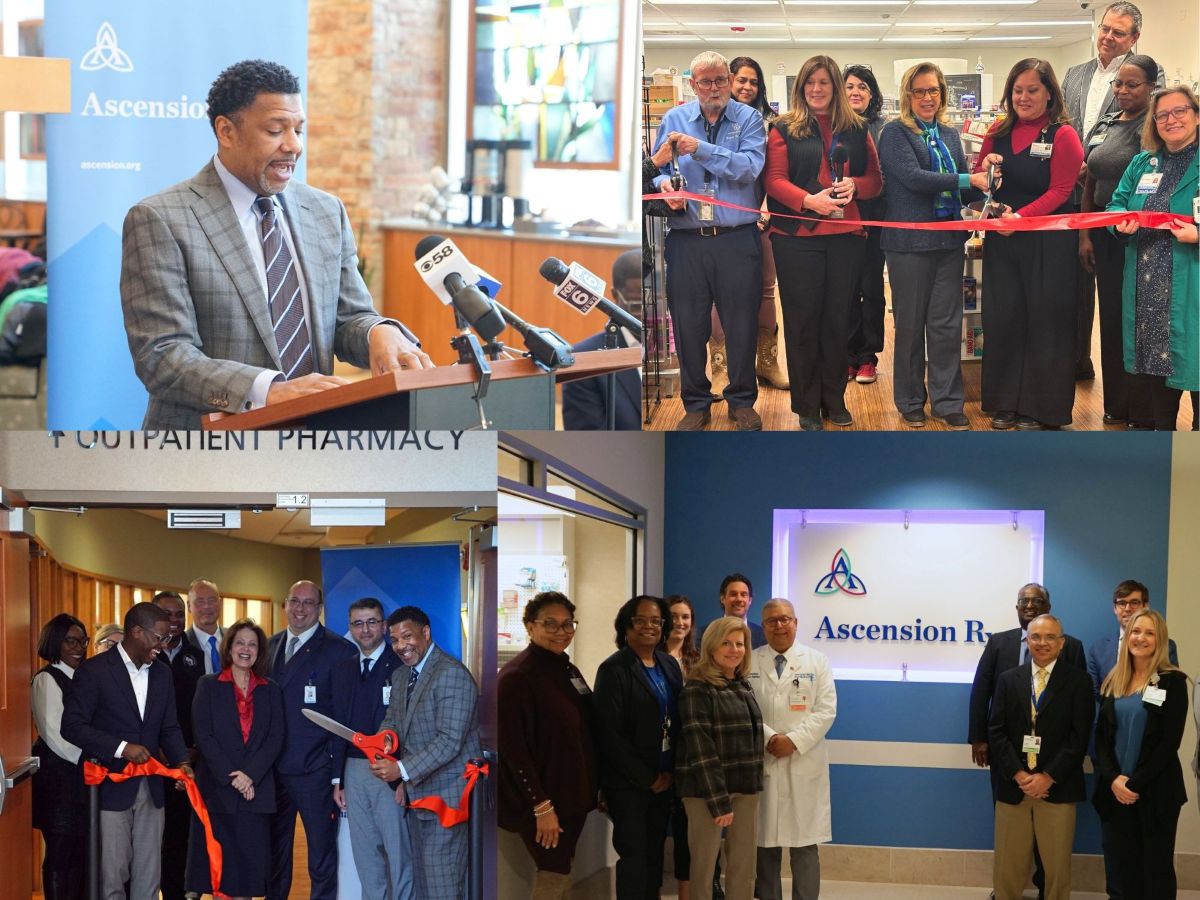By Eduardo Conrado, Executive Vice President, Chief Strategy and Innovations Officer
Today the Wall Street Journal posted a story about Google that mentioned Ascension and our collaboration with Google Health. We continue to set the record straight and share more information on this transformational work.
Background
More than 20 years ago, Congress passed the Health Insurance Portability and Accountability Act (HIPAA). Included in HIPAA were provisions designed to balance the need for the sharing of health information with the need for ensuring the privacy of protected health information (PHI). HIPAA has been foundational to supporting the transition of patient information from paper records into electronic health records and digital systems. Everyone saw the benefits of medical providers having seamless access to complete, longitudinal clinical information for every patient they treated – with all the data available, clinicians would be able to make the best care decisions for each patient. The ultimate goal of this digital transformation was to create an accessible, comprehensive health record for each individual.
Unfortunately, even after incredible focus, a lot of hard work, and billions of dollars invested by Congress, federal agencies, healthcare providers and vendors, the healthcare industry is still far from achieving that vision of a comprehensive, interoperable clinical record. Each individual’s health information remains scattered and siloed across many locations and systems. Caregivers and patients alike find themselves trying to piece together the necessary background from hospitals, clinics, doctors’ offices, urgent care centers and other sites of care.
Compounding the problem, healthcare systems across the country use thousands of clinical applications that aren’t designed to work together. Within Ascension alone, thousands of clinical applications, connected by numerous interfaces, exchange 30 million data transactions a day, however we still don’t have a single integrated patient record.
Applying more of the same technology that got us here will not solve the problem. We believe the solution lies in applying new technologies to accelerate the creation of a secure, single normalized, cloud-based longitudinal clinical record for each patient that seamlessly allows the information to be presented to providers at the point of care. The work that Ascension has partnered with Google Health to do is focused on providing these capabilities. In realizing the goals of this work, we will enhance the efficiency and effectiveness of our providers, materially improve healthcare quality and safety, and transform the experience of those for whom we care.
Key points
The project’s intent: Each and every decision made by Ascension’s clinicians and leaders is in the interest of providing our patients and the communities we serve with the very best healthcare. Our collaboration with Google Health has always been and will continue to be about improving outcomes for our patients. While the data will be examined to identify trends that enable us to improve patient care, increasing patient billings was never and will not be one of our objectives. In fact, in alignment with our Mission, we are intent on helping those who are least able to afford care. Ultimately we expect the analysis of treatment data to not only improve care but also lower the cost of healthcare for patients by focusing on the most effective treatments earlier.
How we will improve patient outcomes: Given the complexity of the healthcare technology landscape, we set out to create a single, cloud-based, protected longitudinal clinical dataset. Electronic health record (EHR) search (EHR Search) will allow our doctors and nurses to specify the exact information they need from a patient’s entire health history and retrieve it quickly, along with other clinically relevant data from the cloud-based, clinical dataset. This will allow them to make more-informed care decisions in coordination with their patients.
Data security: To ensure we meet regulatory guidelines – and live up to our own commitment to patient protections – we have implemented multiple security measures and compliance validation functions. Our privacy and data security practices are consistent with established HIPAA requirements, and we will continue to ensure that these are followed. In short, our work with Google Health has adhered to the same standards of data privacy and security oversight we have used in our work over many years with numerous healthcare partners, including EHR, registry, payer and analytics vendors, as well as state and federal agencies.
Meeting HIPAA requirements: Under HIPAA, organizations can share PHI with other entities if three conditions are met:
-
A business associate agreement (BAA) is in place with the other entity;
-
Only data that supports care delivery, payment process or healthcare operations is shared; and
-
Only the minimum amount of data required to complete the task at hand is shared.
Our work with Google Health in the piloting of a searchable, cloud-based longitudinal clinical record has progressed under a BAA and is being deployed in a small subset of Ascension facilities for the explicit purpose of supporting patient care. The clinical data shared with Google Health to pilot this application is protected by a series of layered security measures, including encryption, audit trails and limited permissions for who can access this data, all of which is controlled by Ascension. Clinical information remains in Ascension’s private cloud environment, which is controlled, logged and monitored by Ascension.
Team access to patient information: The PHI available to the Ascension and Google Health EHR Search pilot teams is limited to a subset of Ascension patients. Additionally, the number of team members who access PHI, and the amount of that data that any team member accesses, is limited to what is necessary to complete their work.
Collaborating with Google Health: After a thorough evaluation, we chose to partner with Google Health, a business services unit within Google, but separate from the parts of Google that people interact with in their lives such as Google’s free search tools, email service and consumer electronics.
Our goal remains simple: We are focused on improving care for individuals and communities, particularly those who are poor and vulnerable, and to building a strong, vibrant health ministry, which will lead to the transformation of healthcare. We are committed to protecting and building on the sacrosanct bond of trust that we have with those we care for through this effort. Every aspect of this project is being done through twin requirements of complying with all laws and protecting patient information.




